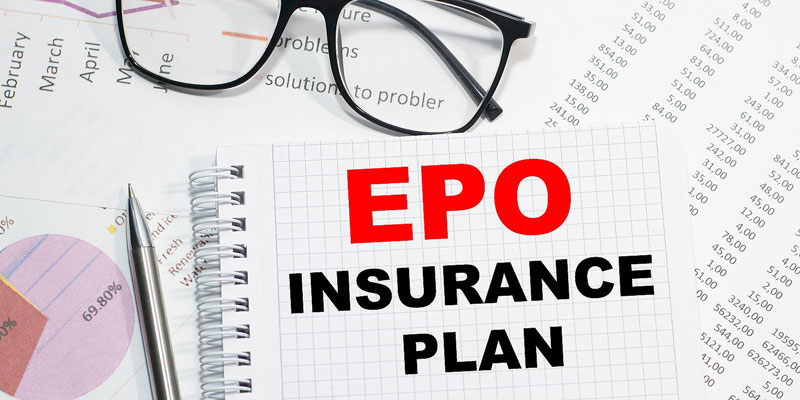What Is an Exclusive Provider Organization (EPO): Everything You Need to Know
Advertisement
Triston Martin
Dec 02, 2023
An exclusive provider organization (EPO) is a type of health insurance policy that only pays for treatments that are provided by doctors, specialists, and hospitals that are in the same network as the insurance company. Most of the time, your insurance won't pay for your medical bills if you get care outside of your network of providers. There are exceptions to this rule, but most of the time, this is true. Let us explore what is an exclusive provider organization (EPO), from how they work to their benefits and drawbacks?
Exclusive Provider Organizations: Definition and Examples
Exclusive provider organizations, or EPOs, are the type of health plan that doesn't cover many different types of health care. It pays for the costs of health care services from a group of providers. Unless they are for emergency care, it won't pay for things that aren't in the network. For specialists, you may need to pick a primary care doctor (PCP) and get referrals from them, but not always. People who have EPOs also tend to pay less than people who have other types of insurance. They usually have higher deductibles in exchange for that.
The Way an EPO Works

An EPO and a PPO are the two forms of managed care programs. An EPO is a plan that pays part of your medical expenditures if you use a network of providers. There is a certain amount of money that you will have to pay before your insurance company starts paying for more of the costs. Deductible: This is what you pay for when you buy something. EPO plans cost money:
A. Premiums
If you want to keep your insurance, you have to pay these fees each month.
B. Deductibles
Before your insurance plan pays for your health care, you must pay a deductible. This deductible is different each year. There are a lot of times when you won't have to pay until you hit your deductible.
C. Coinsurance
There are still costs that you have to pay even after you meet your deductible. In the insurance world, this is called "coinsurance."
D. Copays
There may still be things that your insurance doesn't cover that you'll have to pay for even if you've already met your deductible. People may have to pay even if they haven't. These are "fixed costs."
E. Out-of-pocket maximum
It pays 100% of the costs covered by your plan when you meet your deductibles and coinsurance and deductibles.
Pros

1. Low monthly fees
Health Maintenance Organization (HMO) premiums are cheaper than Preferred Provider Organization (PPO) premiums, but EPO premiums are still higher than HMO premiums, which are more affordable.
2. Large networks
Most of the time, they have more health care providers than HMOs.
3. Plans are available that do not need PCPs or referrals
To get an EPO that doesn't need you to see your general practitioner before seeing a specialist, some don't. Some plans don't do this.
Cons
1. High deductibles are possible
The money you save by having an EPO may not be worth the extra money you may have to pay each year in deductibles.
2. There is no coverage beyond the network
Because your insurance company may not help you pay for services from a provider who isn't in the network of your EPO, you may not be able to get them.
Getting an EPO plan
Group health insurance through your job means that only if your company has an EPO plan can you choose one. The Affordable Care Act has set up a market for people who don't have insurance through their jobs. If you don't already have an EPO, you can get one through this market if you don't have one. Every year, from November through December, there is a time called "Open Enrollment." This is when everyone can get a plan. New jobs and significant changes in your personal life, like having a child, can allow you to get Special Enrollment, which lets you sign up for a new plan outside of the Open Enrollment window.
The Price of EPO Plans
As a rule of thumb, most EPO plans don't have premiums that are either too high or too low. Which city you live in and what kind of plan you have will play a role. Check things like deductibles, out of pocket maximums, co-pays, and premiums, as well as deductibles, co-pays, and deductibles. This is how much you will have to pay before insurance starts paying for your costs. If you have trouble paying your health insurance premiums each month, you might want to think about getting help from the government. Not very often do EPO plans pay for care outside of your network, but that doesn't mean it doesn't happen.







